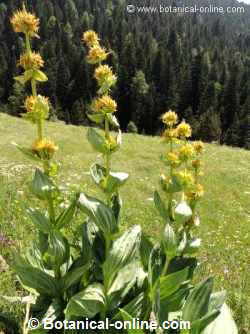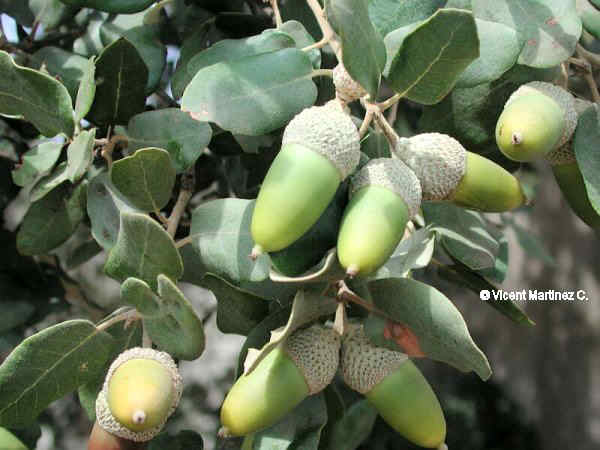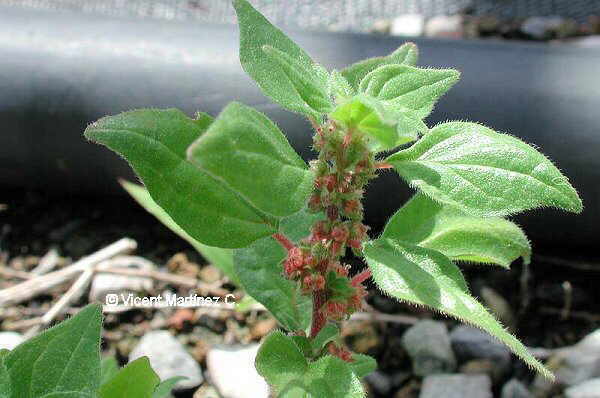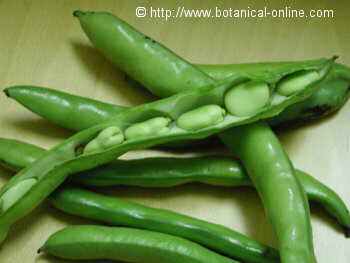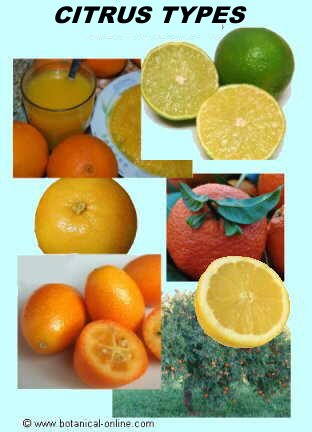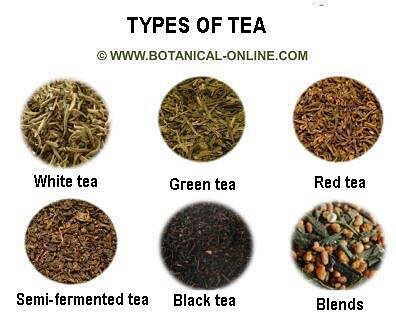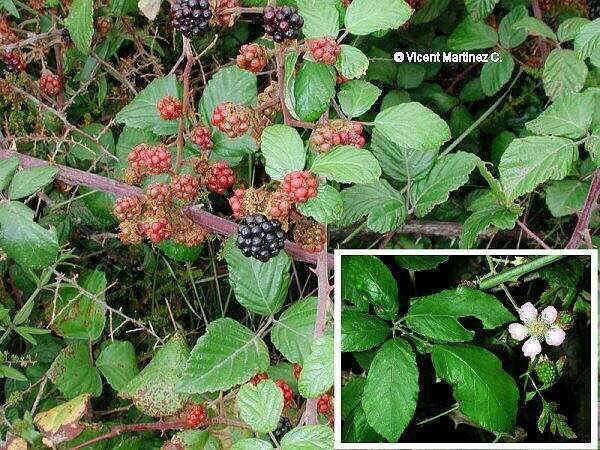Contents
- 1 Benefits of gentian
- 2 MEDICINAL PROPERTIES OF GENTIAN
- 2.1 INTERNAL USE REMEDIES WITH GENTIAN
- 2.2 Gentian for the diseases of the stomach and the digestive system
- 2.3 Gentian materations for digestive diseases
- 2.4 Is gentian a good remedy for gastritis and ulcer?
- 2.5 A plant to increase bile production
- 2.6 Gentian for the treatment of hypothyroidism
- 2.7 Gentian to invigorate the body, purify the blood and help prevent or overcome infection.
- 2.8 Gentian for respiratory diseases
- 2.9 Gentian, natural antibiotic
- 2.10 Gentian reduce fever
- 2.11 NATURAL GENTIAN REMEDIES
- 2.12 External use preparations with gentian
- 2.13 Other gentian applications
- 3 Contraindications and toxicity of gentian
Benefits of gentian
MEDICINAL PROPERTIES OF GENTIAN
INTERNAL USE REMEDIES WITH GENTIAN
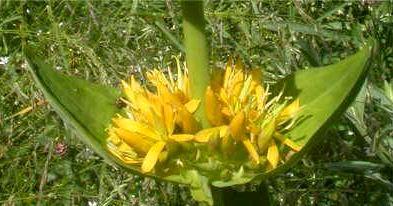
Gentian for the diseases of the stomach and the digestive system
Gentian is one of the best remedies for stomach problems. Because of the bitter principles contained in this plant, gentian has the ability to increase production of digestive juices so that it whets the appetite and aids digestion.
The main component responsible for this property is amarogentin, an active ingredient which increases production of saliva which triggers an increased production of bile and gastric juices.
Gentiopicroside and inulin have gastro-stimulant properties, while the swertiamarin stimulates the pancreas.
Gentian materations for digestive diseases
This plant is used in the following digestive anomalies:

Gentian in a mountain prairie Loss of appetite: Loss of appetite, caused by various reasons (personal problems, body weakness, anorexia, etc.) can be relieved by the ingestion of powdered root macerated in cold water for 4 or 5 hours. (Macerate 15 g of dried flowers and 15 gr. of bitter orange peel in a liter of white wine for 10 days. Filter and drink a little cup before meals)
- Flatulence: The excess of gas, usually caused by poor digestion, can be alleviated by the ingestion of this plant. (maceration of 1.5 gr. of dry powder per cup of water for 4 hours. Take a couple of cups day)
- Stomach: In “lazy”stomachs gentian helps stimulate digestion, making it a more favorable and faster process, while avoiding the cumbersome problems posed by indigestion. (Maceration of 0.5% over 4 hours of gentian root in cold water. Take a couple of cups a day before meals) Gentian stomach also has tonic properties. The increase of gastric acid produced by its bitter principles (amarogentin, gentiopicroside and inulin) promote digestion. You can also use gentian wine (See gentian wine recipe)
- Liver: Gentian can be used for liver failure in helping the body to work under better conditions. All this will not only help better achieve the digestive processes but to prevent other symptoms such as jaundice, liquid accumulation or liquid retention, fatigue, etc. (Maceration at 0, 2% of gentian root for a couple of days. Drain well and dissolve 400 gr. of honey. Drink a couple of little cups a day)
- Intestinal Worms: The carvacrol content of gentian gives it vermifuge properties making it suitable for expelling intestinal worms.
Is gentian a good remedy for gastritis and ulcer?
Some experts suggest that the bitter principles of gentian, used with ginger and liquorice, can be useful for the treatment of gastritis and ulcers. But others warn that these principles, because they increase gastric acid and bile content, can worsen the inflammation of the stomach or ulcers and that this plant should never be used when the patient has heartburn, caused by hyperchlorhydria, inflammation or ulceration of the stomach. According to them, when in doubt, it is better to resort to other safer plants.
A plant to increase bile production
Gentian has the power to act on the gallbladder and liver, being able to increase production of bile. This property can be used in cases where there an insufficient bile production is the main cause of of indigestion. (Maceration at 0, 2% of gentian root for a couple of days. Drain well and dissolve 400 gr. of Honey. Drink a couple of little cups a day)
Gentian for the treatment of hypothyroidism
Gentian has components that help stimulate the production of the thyroid hormones, so its use is recommended in the treatment of hypothyroidism (Maceration at 0, 2% of gentian root for a couple of days. Drain well and dissolve 400 gr. of honey. Drink a couple of little cups a day)
Gentian to invigorate the body, purify the blood and help prevent or overcome infection.
In situations of physical weakness, during convalescence from illness, gentian helps overcome the lack of energy because it is a good tonic that restores the strength of the body. In addition to the digestive tonic properties, gentian is also a general tonic. (Maceration 0.5% for 4 hours in cold water. Drink two little cups half an hour before two main meals)
Gentian possesses leucocinogenic properties, that’s to say, it can increase the production of white blood cells, which strengthens the immune system and helps prevent the emergence of new contagious diseases or facilitates their healing.
As a blood cleanser, gentian is used to remove toxins and impurities from the bloodstream. (Infusion of half a teaspoon of dried root in a cup of water. Let stand for 10 minutes. Take two cups per day)
There is evidence that this plant has antibiotic properties so it can be used to treat bacterial-type diseases such as ear infections or otitis, bronchitis, etc. (Sprinkle gentian root powder on a toast sweetened with honey or jam. Take two or three toasts a day. Spread a powdered gentian teaspoonful among the two or three toasts)
Gentian for respiratory diseases
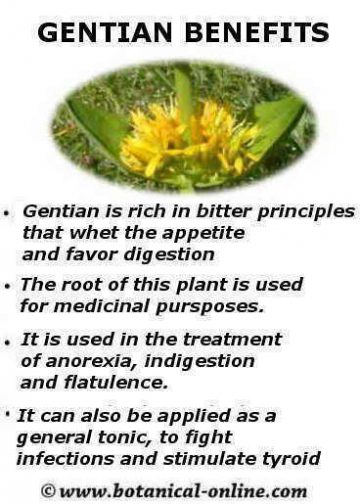
Its ability to stimulate the production of white blood cells and increase defenses is used in the prevention of numerous diseases affecting the respiratory system: cold, flu, sorethroat, sinusitis, pharyngitis, bronchitis, etc.
It has been proven to be very effective in reducing allergy symptoms. (Maceration of a spoonful of dried gentian root per cup of water during the night Take a couple of glasses a day sweetened with honey) (Tincture of gentian dissolved in water according to the conditions of the leaflet)
As a blood purifier, gentian is used to remove toxins and impurities from the bloodstream. (Infusion of half a teaspoon of dried root in a cup of water, let stand for 10 minutes, take two cups a day)
Gentian, natural antibiotic
It has been proven that this plant has antibiotic properties, it is used for the treatment of bacterial diseases, such as ear infections or otitis, bronchitis, etc. (Sprinkle gentian root powder on toast with honey or marmalade, take two or three toasts a day, distribute half a teaspoon powder between the three intakes)
Gentian reduce fever
Gentian has been used as a substitute for quinine to treat fever. (Decoction of half a teaspoon of dried root per cup of water. A couple of cups a day)
NATURAL GENTIAN REMEDIES
External use preparations with gentian
Applied on the skin, gentian is very useful for the following problems:
- Baldness: Due to its high zinc content, gentian becomes part of the composition of many preparations to prevent hair loss. This same component can help prevent the onset of dandruff.
- Psoriasis: Used externally gentian possesses vulnerary properties, being able to avoid the scaling that occurs in skin diseases like psoriasis. (Infusion of 20 gr. of dried root per liter of water. Let stand for fifteen minutes and apply on the affected area when the water is still warm)
Other gentian applications
- Gentian bitter liquors: Gentian is one of many prepared in many regions of the world in the preparation of bitters.
- Antidote against poisons: During the Middle Ages, this plant was used as an antidote for poisoning.
- Manufacture of beer: Before the discovery of hops, gentian was used as a flavoring in the industry of beer production.
Contraindications and toxicity of gentian
- The use of this plant is discouraged in patients with gastritis or peptic ulcer.
- High doses of this plant can cause vomiting, indigestion or headache.
- Not for use with children under 2 years old.
- In case of pregnancy or hypertension, only when prescribed by a physician.
![]() More information on gentian.
More information on gentian.

